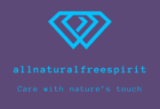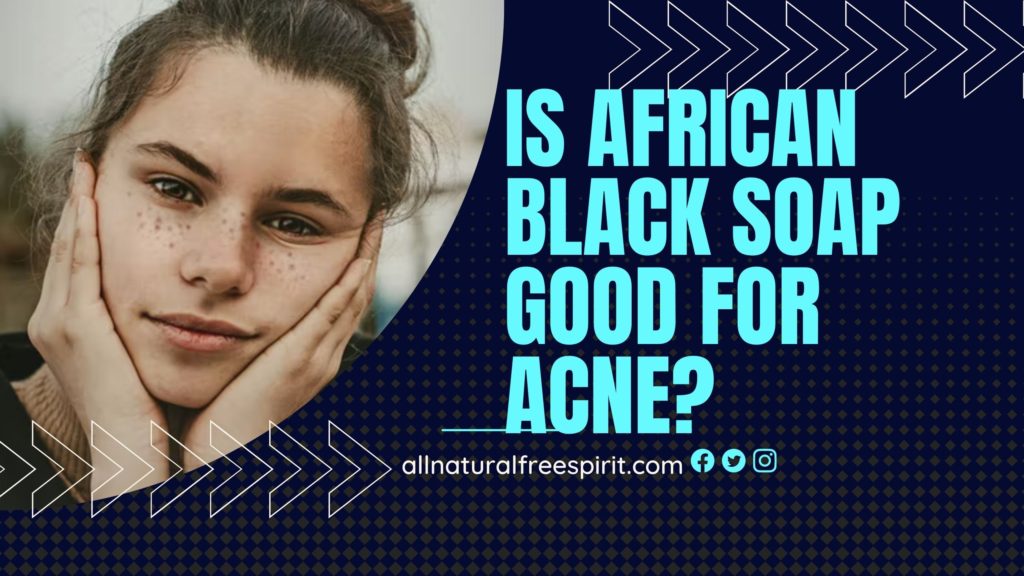Do you suffer from acne? If you do, you’re not alone. Acne is the most common skin condition in the United States, with up to 50 million Americans affected each year.
While there are many treatments available for acne, including over-the-counter and prescription medications, some people may prefer to use natural remedies.
If this is something you’re interested in, you may want to consider using African black soap to treat your acne. African black soap is a natural product that is made from palm kernel, cocoa pod ash, and plantain peel ash.
It is traditionally used to cleanse the skin and is effective in treating various skin conditions, including acne. But does it really work?
This blog post will explore the evidence behind using African black and help you answer whether African black soap is good for acne?
What is African Black Soap: Its Origin

Originally African black soap was made in West Africa, where it is still widely used. It is made from the ashes of three different plants: palm kernel, cocoa pod, and plantain.
These plants are all rich in antioxidants and vitamins, which is why African black soap is said to be so good for the skin.
Traditionally, African black soap is made by hand. The ashes of the plants are mixed with water and then boiled until a thick, black soap is formed. This soap is then used to cleanse the skin.
But is African black soap good for acne? Let’s find out.
Is African Black Soap Good For Acne: The Evidence
This is one question that always comes up any time people talk about African black soap. Does it really work? Is it effective in treating acne?
Unfortunately, there is not much scientific evidence to support the claim that African black soap effectively treats acne. However, there is some anecdotal evidence that suggests it may be helpful.
Read: Black soap powder

What Studies Suggest :
There is some evidence that African black soap is effective in treating acne.
- One study, published in the Journal of Cosmetic Dermatology, found that African black soap effectively reduced the number of acne lesions. The study involved 60 participants, all of whom had acne.
The participants were split into two groups: the first group was given an African black soap solution to use twice a day, and the second group was given a placebo.
After four weeks, the results showed that the African black soap group significantly reduced the number of acne lesions compared to the placebo group.
- Another study, published in the Journal of Drugs in Dermatology, found that African black soap effectively reduces the number of acne lesions and the severity of acne lesions.
- It also looked at the use of various African black soap products to treat acne. The study found that while African black soap was not effective in treating severe acne, it may be helpful in treating mild to moderate acne.
How To Use Black African Soap For Acne
African black soap is becoming a popular skincare product given the rise in customers’ needs to clean their skin without harsh chemicals. If you’re looking to add black African soap to your acne-fighting routine, here are a few tips on how to use it:
- Get an authentic product: – When looking for an original black African soap, beware of products labeled “black soap” but do not contain the three key ingredients: palm kernel, cocoa pod ash, and plantain peel ash. Be sure to look for a product made in Africa that has the words “100% pure” or “made with natural ingredients” on the label.
- Apply African black soap on your face: – Wet your face with warm water and lather the soap in your hands. Rub the soap all over your face, using circular motions. – Be sure to avoid getting the soap in your eyes.
- Rinse off Africa black soap: – Rinse off the soap with cool water and pat your skin dry with a towel.
- Repeat 2-3 times a day: – It is best to use black African soap 2-3 times a day for the best results.
Read: Black soap for face
Is African Black Soap Good For Acne? Expert opinion
Judging from the studies above, it is evident that African black soap effectively treats acne. However, more research needs to be conducted to provide a concrete answer.
Based on the evidence and what is currently known, it is safe to say that African black soap may be effective in treating acne for some people.
If you are suffering from severe acne, it’s advisable to seek professional help.
However, if you are experiencing mild to moderate acne, then using African black soap as part of your skincare routine may be a good option for you.
African black soap can be used in conjunction with other acne-fighting treatments for the best results. So if you’re looking to add an all-natural product to your skincare routine,
black African soap may be a good option for you. Be sure to follow the instructions carefully to achieve the best results.
Read: How do you use Shea Moisture African black soap?
Frequently Asked Questions about Black Soap on Acne
Can Everyone Use African Black Soap?
Even though African black soap is generally suitable for most skin types, it is best to do a patch test before using it to make sure you don’t have any sensitivities. It is advisable not to use it if you have sensitive skin.
Does African Black Soap Make Acne Worse?
No, African black soap does not make acne worse. In fact, it may help to reduce the number of acne lesions. Skincare experts recommend using it in conjunction with other acne-fighting treatments for the best results.
Is African Black Soap Good For Dry Skin?
Yes, African black soap is a great option for those with dry skin. It is gentle and will not strip away your natural oils as some harsh acne-fighting treatments can.
So, is African black soap is good for acne? The answer is yes – African black soap may be effective in treating mild to moderate acne.
However, more research is needed to provide a concrete answer. Be sure to follow the instructions carefully to achieve the best results.

